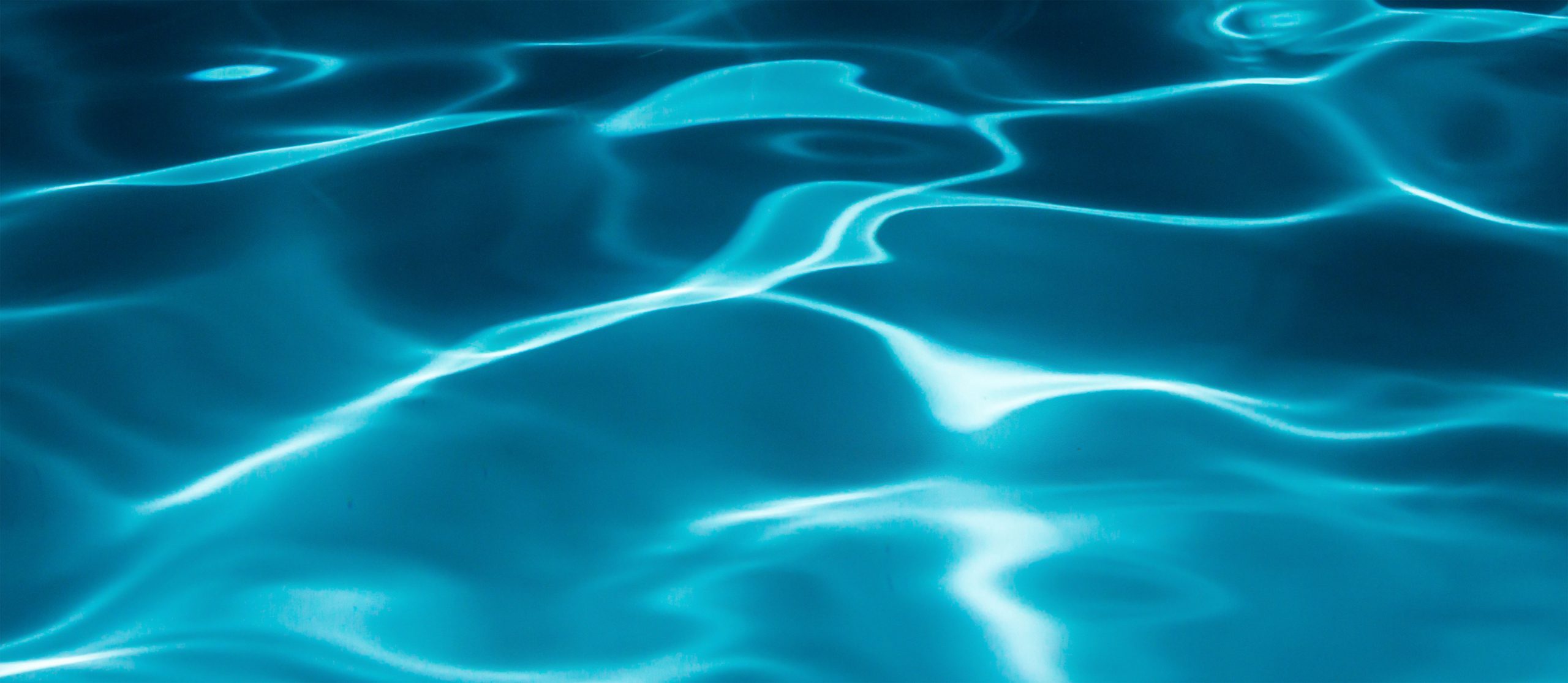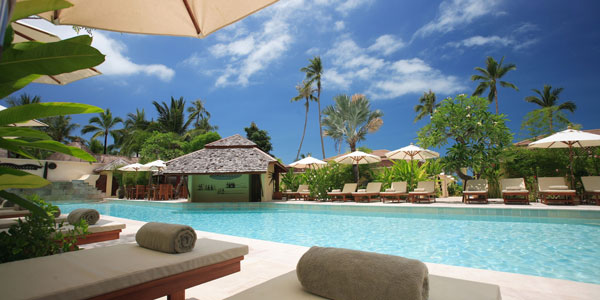Your Guide to Selecting a Pool Heater for Your Pool
- October 21, 2016
- Pool Service, product,
Contrary to popular belief, South Florida isn’t consistently hot and sunny all year long. We’re not quite tropical, and during the winter, our temperatures can actually drop below fifty degrees. By Northern standards, this is pretty mild, but it’s still a bit cool for comfort if you want to go swimming. pool heaters Fort Lauderdale keep your backyard swimming pool at a comfortable temperature all year long, so that it’s still useable during the colder seasons. There are several types of heaters to choose from, which differ in their power source and their mode of operation.
Solar Pool Heaters
Solar pool heaters are a futuristic clean energy solution. Here in Miami, we get plenty of year-round sunlight. Water from your pool circulates through a collector, usually located on your roof. Solar energy has the advantages of cost effectiveness and energy efficiency. However, the collector area can impact how effective a solar heating system is going to be. Larger collectors are better, and an optimal size is 80-100% of the size of the swimming pool. That might sound a little big for something that goes on top of your roof.
Gas Heaters
Gas pool heaters raise the water temperature quickly and effectively, making them a popular choice among Miami homeowners. On a cool winter day, they can raise the temperature by up to fifty degrees Fahrenheit in just 24 hours. The cost is relatively modest, and you’ll have more control over the actual desired temperature than you would have with a solar heating system. These tend to be the most common and popular choice, although the carbon footprint of natural gas is a turnoff for many homeowners.
Electrical Resistance
An electrical resistance heater generates heat by drawing electrical currents from an external power source, then applying them to an electric resistor inside. As water passes over the resistor, it heats up. This warm water then circulates back into the pool. Their initial purchase cost is rather low, but electric resistance heaters aren’t all that energy efficient, so their monthly operational costs can be rather high.
Electrical Heat Pump
Electric heat pumps capture energy from the air temperature, using it to heat water efficiently. The amount of electricity that they need to run is low compared to their heat output, around a 5:1 ratio. This high co-efficient of performance (COP) is a major draw for many cost- and energy-conscious homeowners. They tend to be a bit more efficient in climates that are more temperate than ours, but they can also work well in subtropical and tropical regions like ours.
Different kinds of pool heaters differ in their efficiency, effectiveness, and up-front cost. At All Florida Pool & Spa Center, we carry a wide range of heating systems to suit your needs and preferences.


